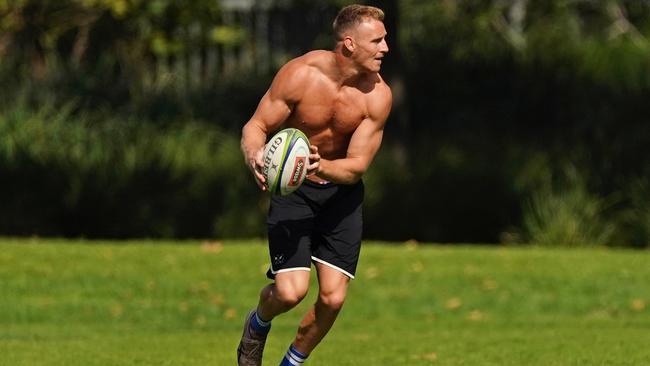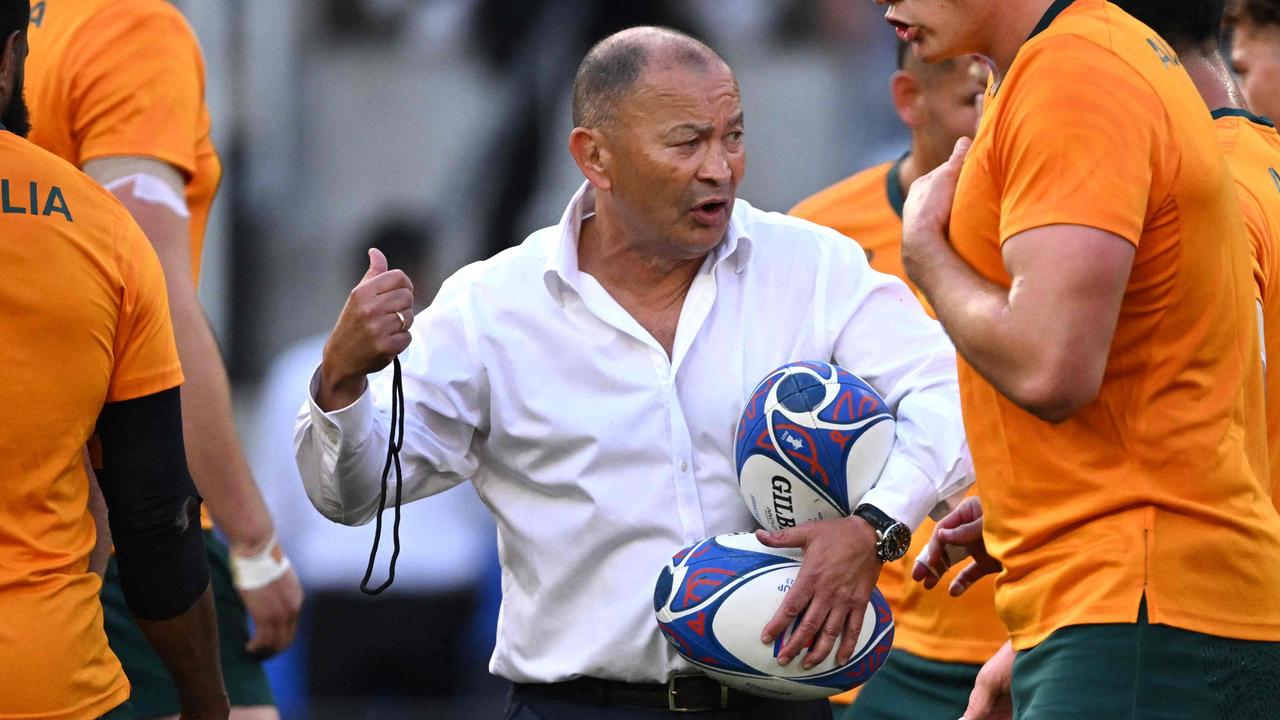Rugby at the mercy of travel restrictions: Castle
Raelene Castle said she could not see the advantages for Rugby Australia to go into voluntary administration.

Raelene Castle said she could not see the advantages for Rugby Australia to go into voluntary administration, although it might depend on nations leaving in place severe international travel restrictions that would prevent a return to the status quo of Super Rugby.
One of the advantages of Rugby Australia declaring itself insolvent is that it would enable it to start from scratch. All its existing contracts and arrangements would be declared null and void, which would enable Australia to wriggle free of a Super Rugby competition that has become alien to Australian rugby fans.
The downside of going down the “VA” path, however, is massive: sponsors would desert the code en masse, as would broadcasters; the Super Rugby franchises would collapse; and the game in this country would cease to be recognised by World Rugby.
Small wonder, then, that RA is doing everything in its power to remain solvent, including striking deals with its 192 professional players to cut their pay by an average 60 per cent for six months and approaching World Rugby for a bailout loan.
RA still has not signed a broadcast deal, and it might not even resume negotiations with potential bidders before the end of June. Yet its two SANZAAR partners, New Zealand and South Africa, have both concluded lucrative deals and, in these uncertain times, are anxious to honour them to lock down needed broadcast money.
Even though Australia might arrive at the SANZAAR table to pool their broadcast money having secured only a mere pittance, it might actually be in the financial interest of NZ and South Africa to swallow their indignity and allow Australia to take a one-third share, simply to keep their broadcasters happy. But that would mean another five more years of being handcuffed to a Super Rugby competition that Australian fans believe has outlived its usefulness.
Castle, RA’s chief executive, is mindful that Australia generates much of its income from its involvement in The Rugby Championship, SANZAAR’s Test-level competition. Divorcing SANZAAR to be rid of Super Rugby while simultaneously remaining part of the lucrative TRC has been a trick that has eluded Australia’s rugby diplomats for many a year.
Meanwhile, she is relying on travel restrictions to limit competition to a trans-Tasman series at provincial and Test level for the rest of the year and maybe beyond.
“If the governments don’t let us travel and they don’t open borders to international travel to allow teams to come into this environment, we might not have any choice but to review what the structures look like for what we deliver at the back end of this year and potentially what we could deliver into 2021,” Castle said.
“So it won’t be driven by what SANZAAR wants to do. It will be driven by ultimately what the governments allow.”
The completion of the deal with the players’ association now paves the way for their involvement in the transformation of the game.
It might be that having that seat at the table also gives the players an insight into the difficulties administrators face in keeping the game afloat. Castle was adamant that RA’s agreement with RUPA to pay out existing contracts would be honoured, but she also said it would be difficult.
“I don’t think there is a player or a player agent who works in rugby across the world who thinks all contracts, particularly long-term contracts, will necessarily be delivered at the values they were delivered previously.”
Castle will score no points with her trenchant critics until she has some hard conversations with her headquarters staff of 147, and with Wallabies head coach Dave Rennie most especially.
If the rumours are correct that Rennie — who will arrive in Australia no later than July 1 — is being paid $1m a season, it is difficult to see how that can continue, given that many rugby staff at national and provincial level are forced to live on the JobKeeper subsidies.
His immediate predecessor, Michael Cheika, might have been paid $1.2m per year by RA but those days are long gone and might never return, not for Australian rugby at least.
RA has come under repeated fire for having a bloated bureaucracy, although Castle explained that those workers were spread across men’s and women’s rugby, sevens and 15-a-side, as well as the game at grassroots level.
“The world is not what it was and there are going to be reduced revenues coming in, and ultimately we have to fit the Australian rugby environment from RA into our Super teams, into our clubs … cut our cloth to match our revenue,” she said. “So there are some difficult conversations that need to be had, but they need to be had with a plan in place.”


